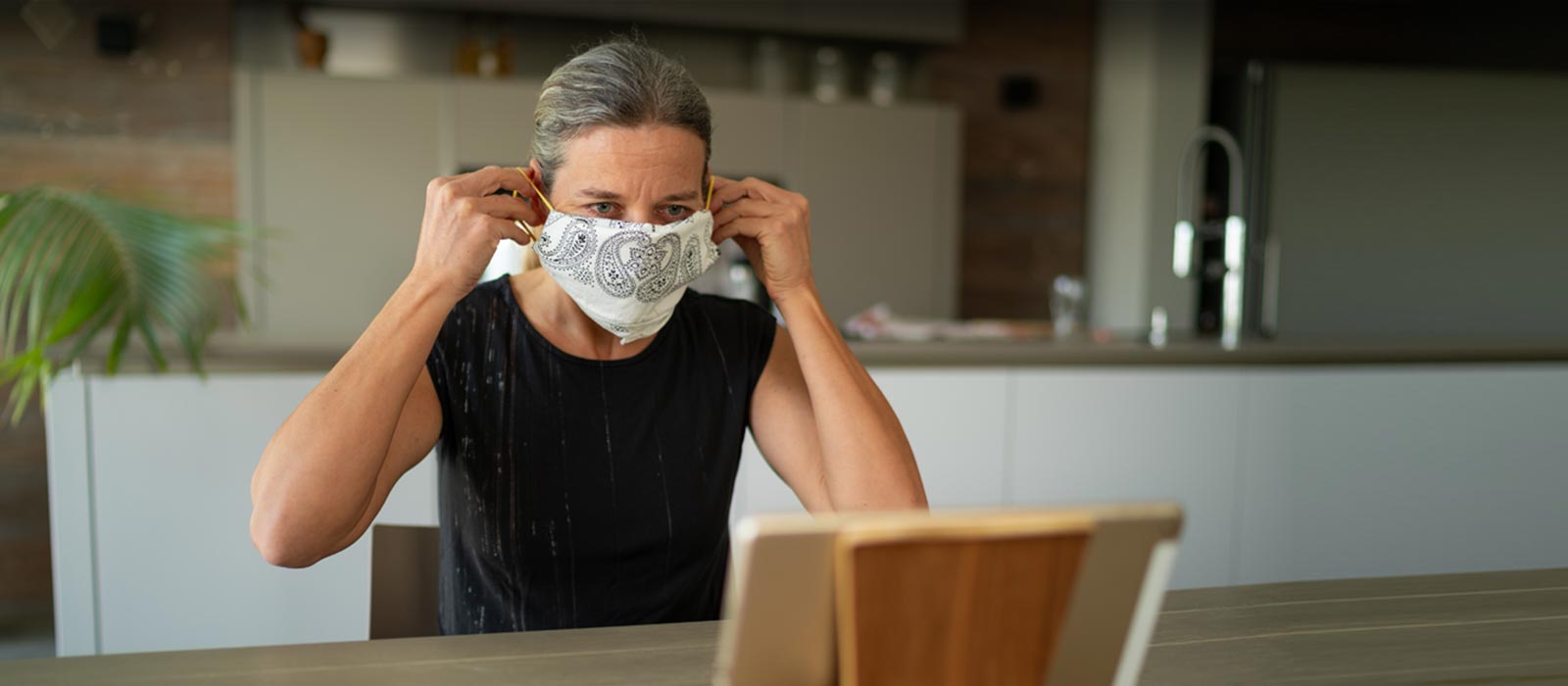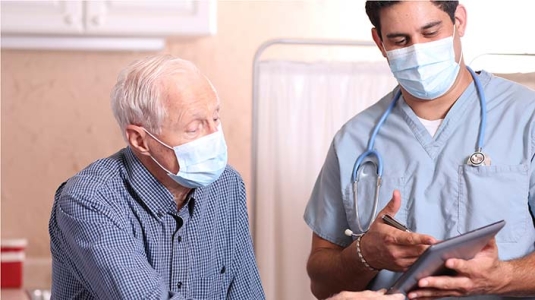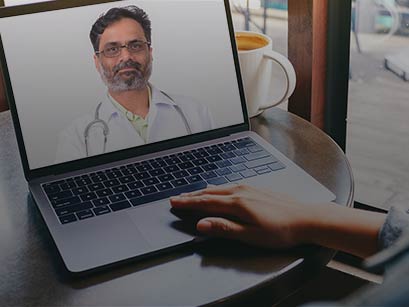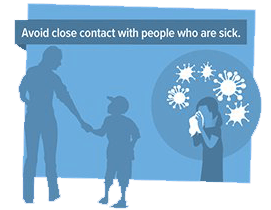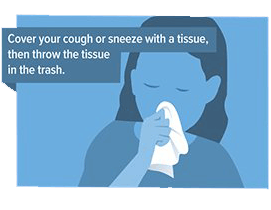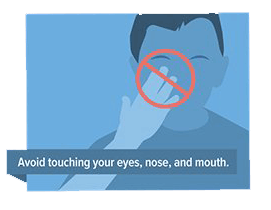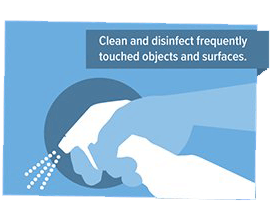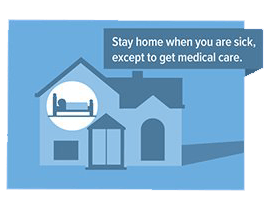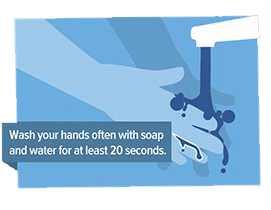Based on current levels of respiratory illness, effective Monday, February 19, 2024, Inova suspended the requirement for universal masking for team members, patients and visitors in our emergency departments (EDs), emergency care centers (ECCs) and urgent care centers (UCCs).
Masks will continue to be offered to visitors and provided to team members. While everyone must wear a mask in high-risk areas, masking is also recommended in all care sites for anyone who is immunocompromised.
